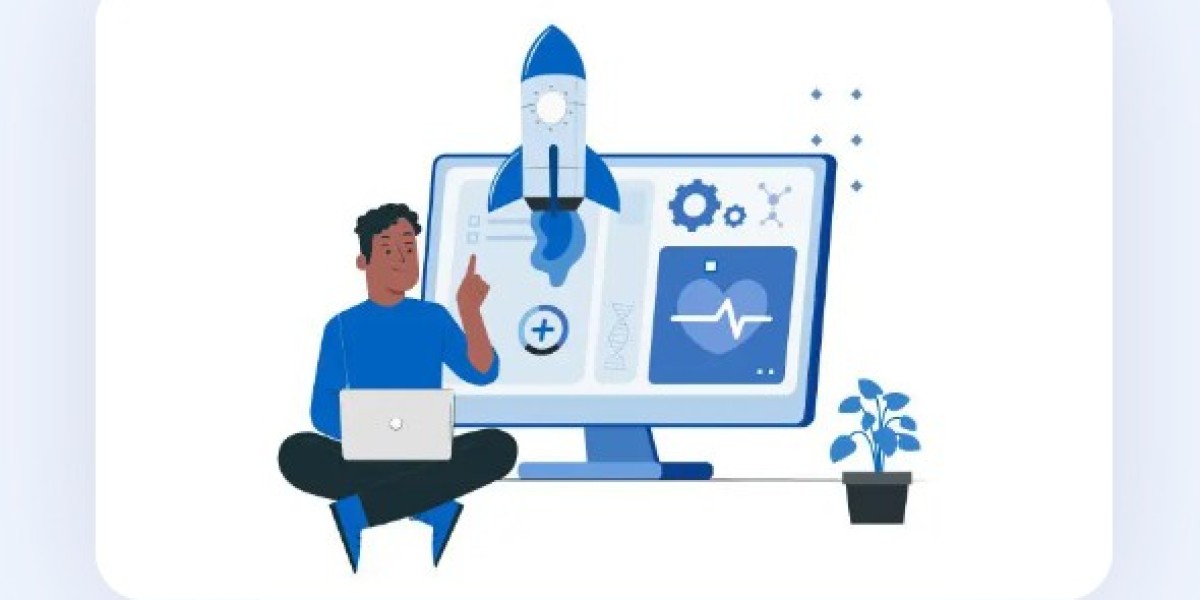One of the most significant contributions to this transformation comes from mHealth (mobile health) app developers. These innovative developers are paving the way for improved patient care and wellness through the creation of cutting-edge mobile applications.
The Rise of mHealth Apps
Mobile health applications, or mHealth apps, have taken the healthcare industry by storm. These apps leverage the power of smartphones and tablets to deliver a wide range of health-related services and information directly to patients and healthcare providers. Whether it's tracking fitness goals, managing chronic conditions, monitoring vital signs, or accessing telehealth services, mHealth apps have become an integral part of modern healthcare.
The Impact on Patient Engagement
One of the primary benefits of mHealth apps is their ability to engage patients in their own healthcare journey. Patients can now actively participate in monitoring their health, making informed decisions, and adhering to treatment plans. For instance, apps like MyFitnessPal and Fitbit have revolutionized the way people manage their physical activity and nutrition, promoting healthier lifestyles.
Remote Monitoring and Chronic Disease Management
mHealth apps are particularly valuable for patients with chronic conditions. These apps enable continuous monitoring of vital signs and symptoms, which can be shared with healthcare providers in real-time. For instance, a diabetic patient can use an app to track blood glucose levels, allowing their healthcare team to adjust treatment plans as needed. This not only improves the quality of care but also reduces hospital readmissions and healthcare costs.
Telehealth and Virtual Consultations
The COVID-19 pandemic accelerated the adoption of telehealth services, and mHealth app developers played a pivotal role in facilitating this transition. Telehealth apps provide a convenient and safe way for patients to connect with healthcare professionals, reducing the need for in-person visits, especially for routine check-ups and non-emergency consultations. This has improved healthcare accessibility, especially for individuals in remote areas or those with mobility challenges.
Challenges and Opportunities
While mHealth apps offer tremendous potential, they also come with challenges. Developers must address concerns related to data security, privacy, and interoperability with existing healthcare systems. Additionally, ensuring that apps are user-friendly and accessible to diverse populations is crucial.
However, these challenges also present opportunities for innovation. Developers are working on solutions such as blockchain-based security, AI-driven personalization, and integration with electronic health records to overcome these obstacles and make mHealth apps even more effective.
Conclusion
mHealth app developers are at the forefront of a healthcare revolution. Their innovative solutions are empowering patients, improving access to care, and enhancing overall wellness. As technology continues to advance, we can expect mHealth apps to play an even more significant role in healthcare delivery, ultimately leading to better health outcomes and a more patient-centric healthcare system.
In this dynamic field, collaboration between healthcare professionals, regulators, and developers will be key to harnessing the full potential of mHealth apps and ensuring that they continue to revolutionize healthcare for the better.








